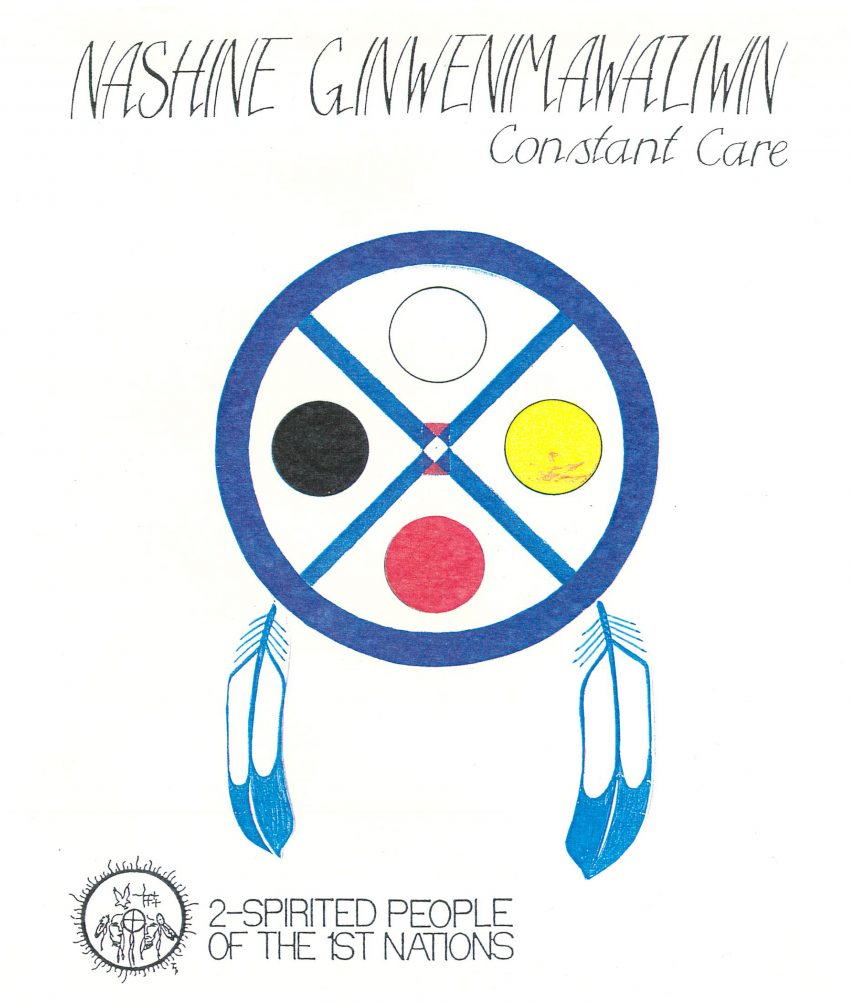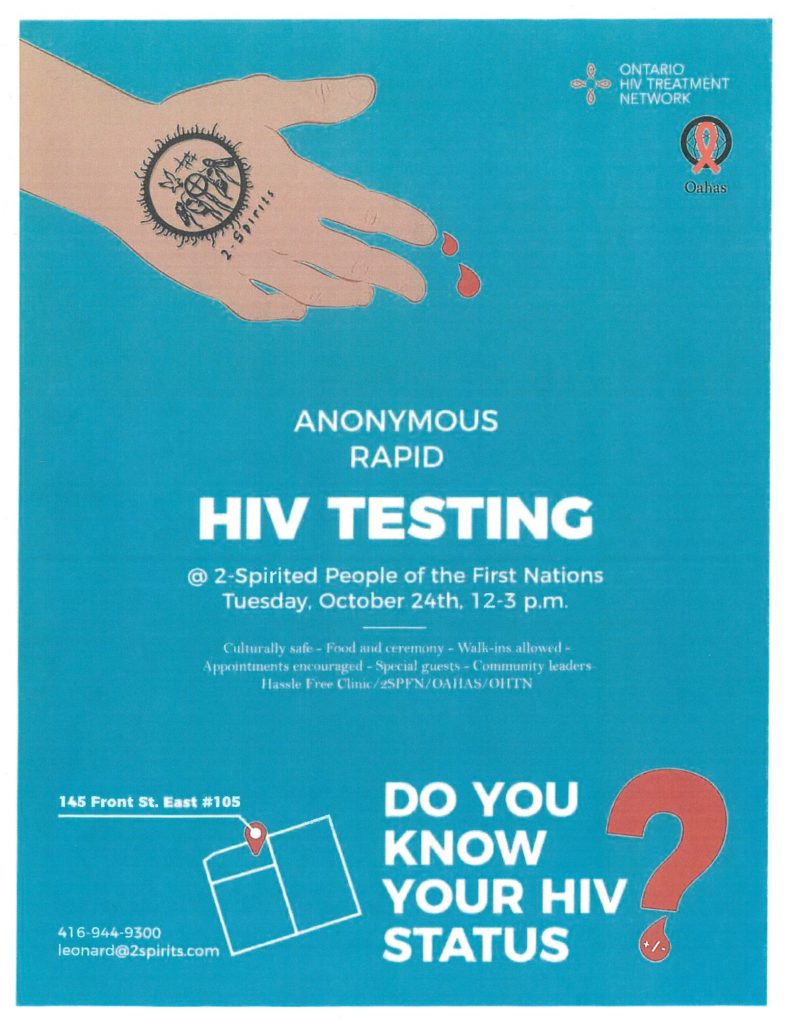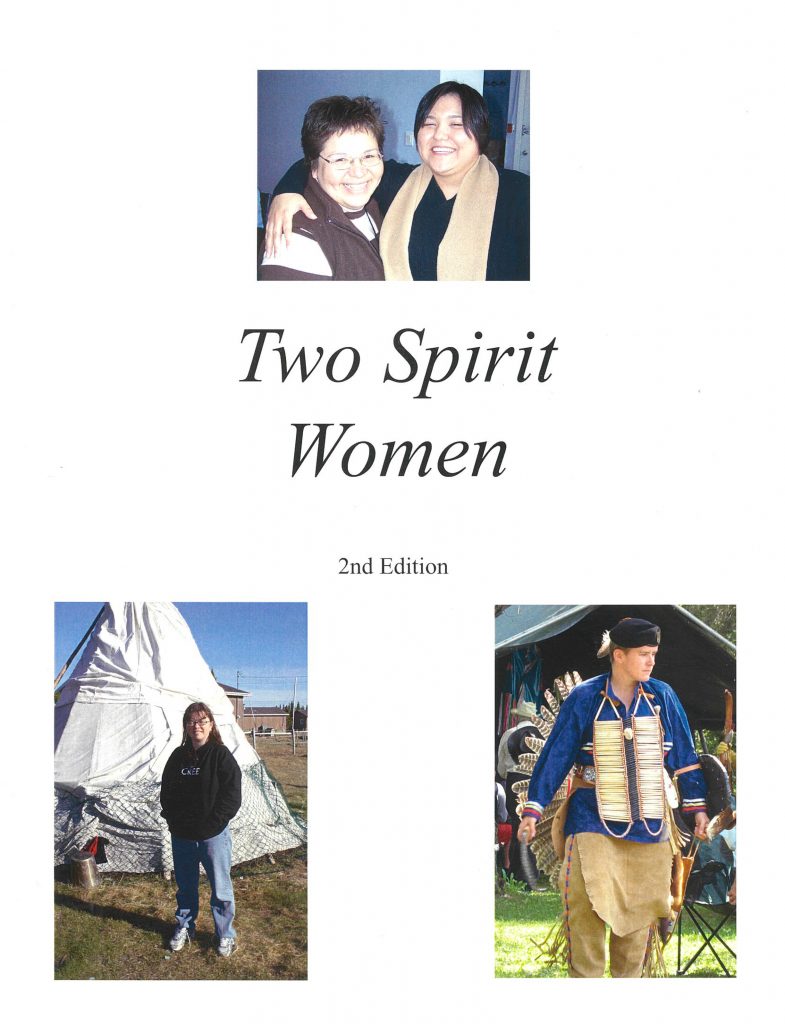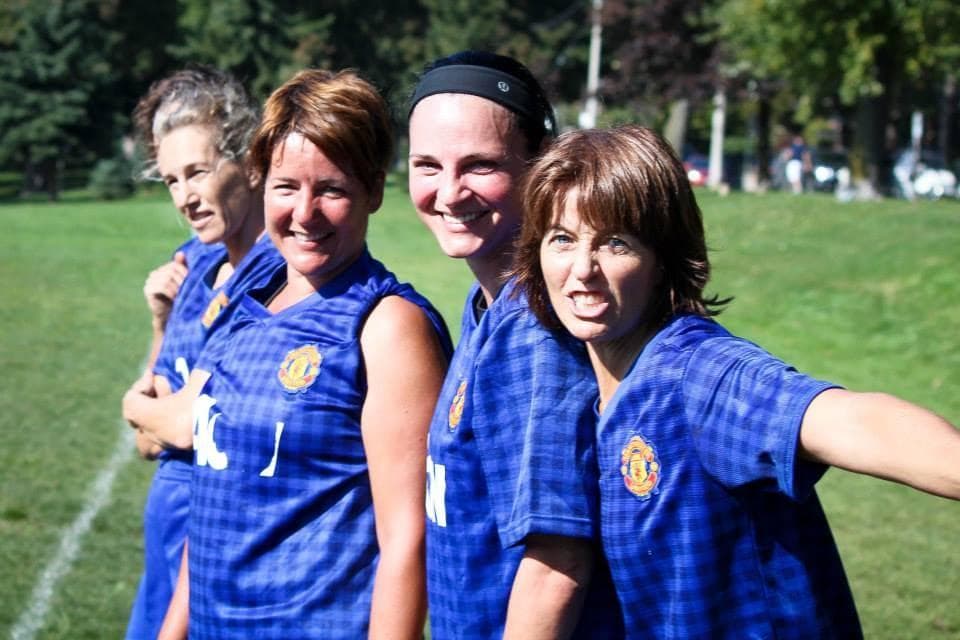By: Ami Powell

“2-Spirited” is an umbrella term coined in 1990 to refer to multiple Indigenous sexual, gender, and spiritual identities whose names were erased by colonialism. Before the arrival of European settlers, 2-Spirited people were greatly respected in their communities, often holding positions as healers and teachers, but colonization systemically erased and alienated these identities and people. Despite the ongoing effects of colonialism, there is a vibrant 2 Spirit community in Toronto and across Canada. In Toronto, the organization 2-Spirited People of the 1st Nations, founded in 1989 (as the North American Indian Gay & Lesbian Society of Toronto, in 1992 the name was changed to the current one), is one such example of 2-Spirited community building and activism. They focus on HIV/AIDS education and support for 2-Spirited people in Toronto, based on Indigenous principles of health and wellness.

The 2-Spirited People of the 1st Nations collection includes a variety of materials that illustrate histories of both the organization and its individual members. There are two boxes filled with photos of community members at gatherings, activities, and celebrations. The donation includes multiple obituaries and programs from memorial services for community members, documenting the significant impact that HIV/AIDS has on the community. Some other artifacts include Pride Toronto awards, a softball from the 2 Spirits team, and two framed 1990s Now Magazine covers featuring actor Billy Merasty and author Paula Gunn Allen. Additionally, there are physical copies of two key publications from the organization. The first is the “Two Spirit Women 2nd Edition,” a 2008 booklet created by 2-Spirited women that narrates their history, highlights current issues they face, like domestic violence and HIV/AIDS, and includes multiple personal anecdotes. The second is Nashine Ginwenimawaziwin, a phrase from the Ojibway language that loosely translates to “Constant Care”, an expansive 1998 manual written for caregivers providing palliative care for Aboriginal people living with HIV/AIDS. You can find both of these publications, in addition to other valuable resources, on the 2-Spirited People of the 1st Nations website.

This collection is one crucial step to fill in the archival silences of missing Indigenous histories – too many of which are already lost. The physical records of 2-Spirited community members who have passed are an important addition to the ArQuives. These records broaden the context of the HIV/AIDS crisis beyond the dominant gay, white narrative by voicing an Indigenous perspective of the crisis, as well as broadening the history of Toronto HIV/AIDS community organizing and activism. HIV/AIDS has disproportionately affected Indigenous people, but their stories are routinely underrepresented in the historical records and current conversations surrounding HIV/AIDS. This collection both makes space for the significant loss within the 2-Spirited community, and for celebrating the incredible and ongoing HIV/AIDS-related resources and services that the 2-Spirited People of the 1st Nations created to educate and support the 2-Spirited community. We cannot undo the damage colonialism inflicted upon 2-Spirited histories, but we can work to ensure that current 2-Spirited stories are preserved and prioritized.
The ArQuives is in the process of securing funding to hire a 2-Spirited community member to arrange and describe this collection. Although this generous donation has not yet been processed it is available to researchers upon request.

